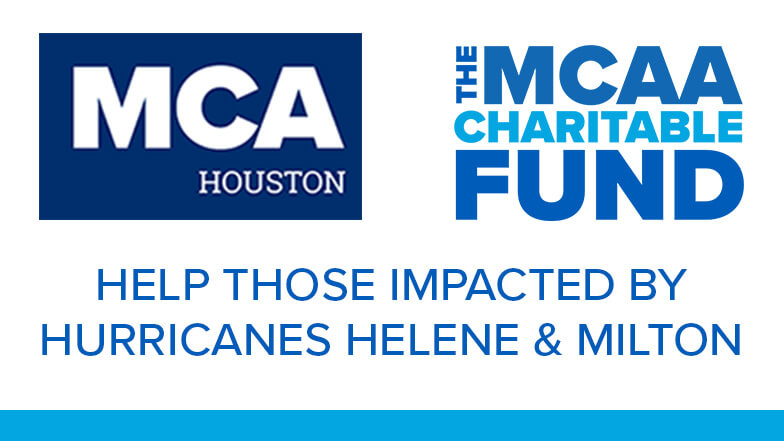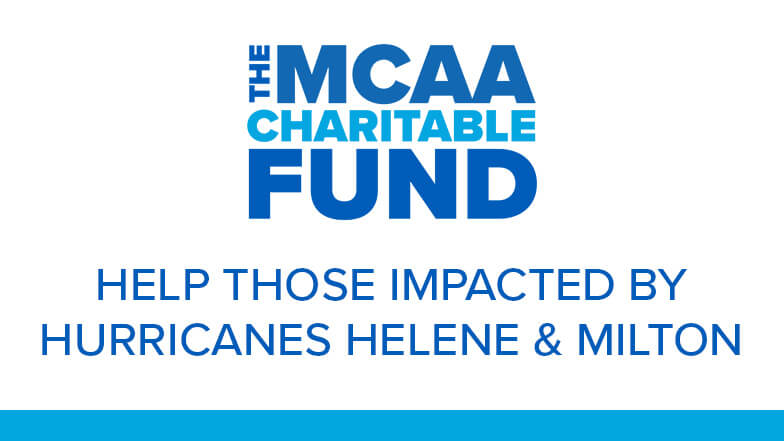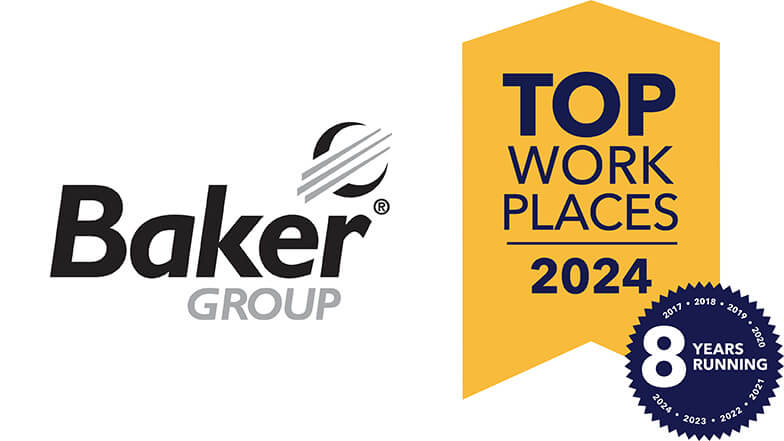
The Occupational Safety & Health Administration (OSHA) is issuing an Emergency Temporary Standard (ETS) on COVID-19.
Summary:
- Employers with 100 or more employees must ensure that each of their workers is fully vaccinated by January 4th, 2022 or test for COVID-19 on at least a weekly basis.
- Employers do not have to pay for COVID-19 tests under the OSHA ETS but may be required to pay under other laws or collective bargaining agreements (CBAs).
- Employers must provide paid-time for employees to get vaccinated and any sick leave for employees who get side effects starting on December 5, 2021.
- Unvaccinated employees must wear a face mask in the workplace starting on December 5th.
- Employers must remove from the workplace any employee who receives a positive COVID-19 test or is diagnosed with COVID-19.
- This ETS is effective immediately, although all aspects of the standard, other than testing, are enforceable starting Dec. 5th, 2021. Testing requirements become enforceable starting Jan 4th, 2022.
Additional details:
New Vaccination Requirement for Employers With 100 or More Employees: OSHA is issuing a COVID-19 Vaccination and Testing Emergency Temporary Standard (ETS) to require employers with 100 or more employees to:
- Get Their Employees Vaccinated by January 4th and Require Unvaccinated Employees to Produce a Negative Test on at Least a Weekly Basis: All covered employers must ensure that their employees have received the necessary shots to be fully vaccinated – either two doses of Pfizer or Moderna, or one dose of Johnson & Johnson – by January 4th. After that, all covered employers must ensure that any employees who have not received the necessary shots begin producing a verified negative test to their employer on at least a weekly basis, and they must remove from the workplace any employee who receives a positive COVID-19 test or is diagnosed with COVID-19 by a licensed health care provider. The ETS lays out the wide variety of tests that comply with the standard. Given that vaccines are safe, free, and the most effective way for workers to be protected from COVID-19 transmission at work, the ETS does not require employers to provide or pay for tests. Employers may be required to pay for testing because of other laws or collective bargaining agreements.
- Pay Employees for the Time it Takes to Get Vaccinated: All covered employers are required to provide paid-time for their employees to get vaccinated and, if needed, sick leave to recover from side effects experienced that keep them from working.
- Ensure All Unvaccinated Employees are Masked: All covered employers must ensure that unvaccinated employees wear a face mask while in the workplace.
- Other Requirements and Compliance Date: Employers are subject to requirements for reporting and recordkeeping that are spelled out in the detailed OSHA materials available here. While the testing requirement for unvaccinated workers will begin after January 4th, employers must be in compliance with all other requirements – such as providing paid-time for employees to get vaccinated and masking for unvaccinated workers – on December 5th. The Administration is calling on all employers to step up and make these changes as quickly as possible.
Additional information on the OSHA ETS website
Related Articles




